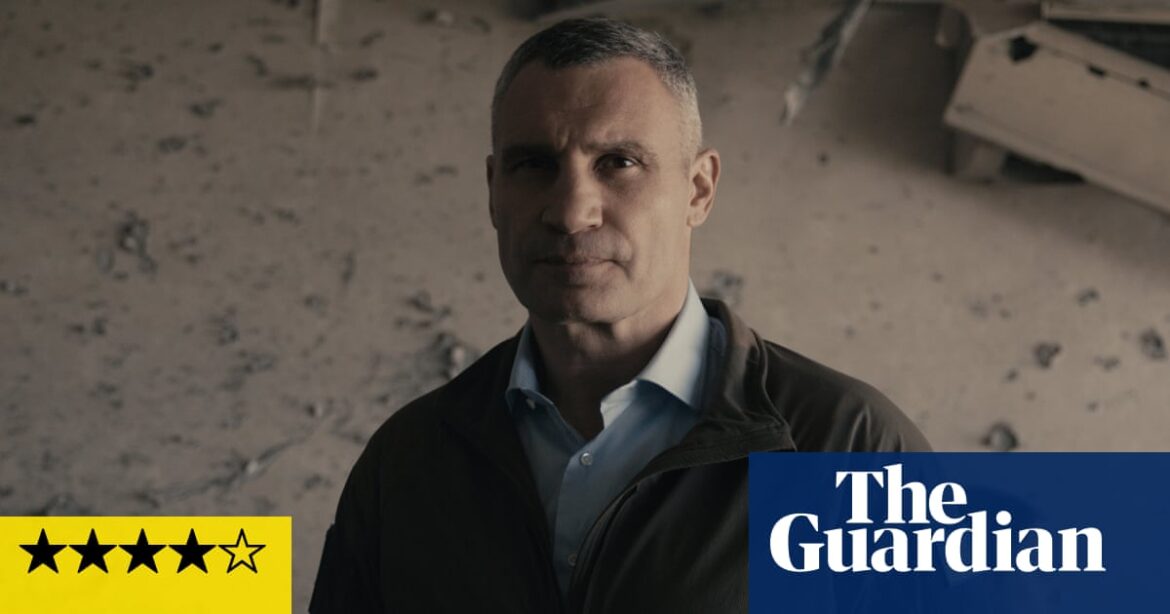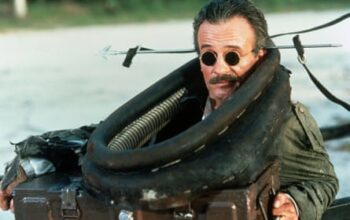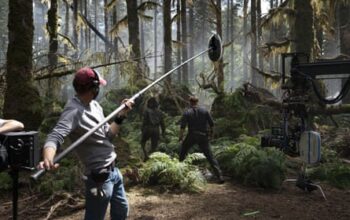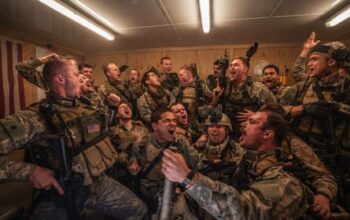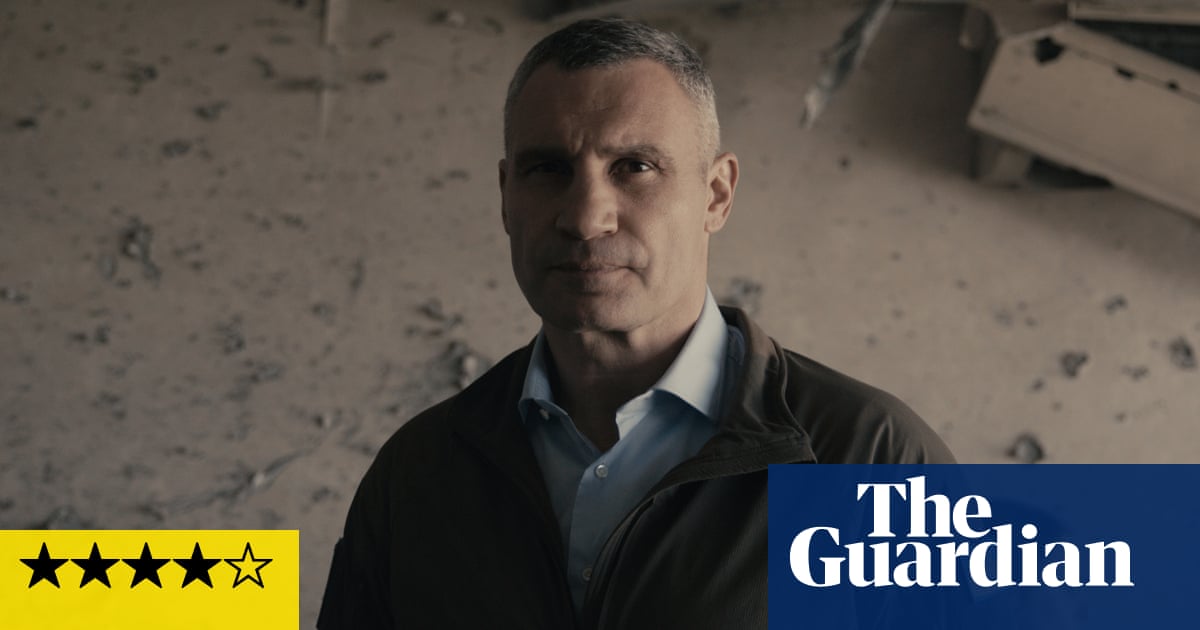
The bad blood between Vitali Klitschko, former heavyweight champ and now mayor of Kyiv, and Ukraine’s hero president Volodymyr Zelenskiy, is not exactly a secret but there’s fascinating detail in this film by Kevin Macdonald that shows how both men – who we’d fondly like to think are united at the hip in the struggle to repel the Russian invasion – appear to undermine each other. I say “appear” of course, because this can’t be anything other than a partial view; with Macdonald’s camera and access firmly focused on Klitschko, and no response provided from Zelenskiy’s camp.
Still, the footage Macdonald gets is remarkable, particularly of Klitschko in meetings with senior American politicians (including secretary of state Anthony Blinken) during which he attacks, in a not especially veiled manner, the Zelenskiy government as becoming an autocracy. In other sequences Klitschko claims Zelenskiy is victimising powerful city mayors and running a murky, Soviet-style political operation, that Ukrainian democracy is in danger and that, without “reform” aid money will disappear. In effect, he accuses Zelenskiy of wanting to turn Ukraine into “Russia 2.0”. True or not, it’s sobering evidence of a split at the heart of the Ukrainian establishment, though perhaps not immediately obvious how it will affect the prosecution of the war, or indeed what comes after hostilities have concluded.
All this material adds layers of complexity to what – initially at least – looks like a home run of a documentary profile. Klitschko, along with his brother Wladimir, dominated the heavyweight division in the 00s, and brought the same combative spirit to a post-ring political career, which resulted in his election win in 2014. (The film suggests the root of Klitschko’s feud with Zelenskiy dates from the latter lampooning him on his TV shows before launching his own tilt for office.) Like any politician, Klitschko is a hard nut to crack, presenting a resolute, hardworking face to the world: we see him doing media interviews, political meet-and-greets, attempting to console grief-stricken citizens, handing out posthumous medals for dead servicemen. He also comes in for his share of criticism; accused of wasting money on vanity building projects instead of shoring up Kyiv’s defences, and – crucially, perhaps, for its relevance to his conflict with Zelenskiy – failing to keep a bomb shelter open when it was needed. (We see Klitschko visibly greying as he is berated by one of the distraught survivors of the attack.)
As Macdonald’s film goes on, Klitschko emerges as a more conflicted and perhaps compromised character, particularly after his ex-wife and children weigh in, explaining his seemingly conscious change into political persona. (He’s certainly remarkably different from the lumbering, almost gauche figure who whupped all those fighters back in the day.) Klitschko and his brother also ponder the legacy of their father, a Soviet military officer whose loyalty to the Soviet regime was rewarded with leukaemia, probably caused by the his dedication to helping deal with the Chernobyl nuclear accident.
Like the Ukrainian war itself, this is a story that is far from over, even if Klitschko’s power struggle with Zelenskiy is likely to remain a footnote in the wider struggle. Doggedly pacing through conference centres, military bunkers and hotel corridors, Klitschko aims to represent an implacable force and in Macdonald’s intelligent and capable hands he certainly does – in what will no doubt become an invaluable document for future historians of the conflict.
after newsletter promotion
Source: theguardian.com
